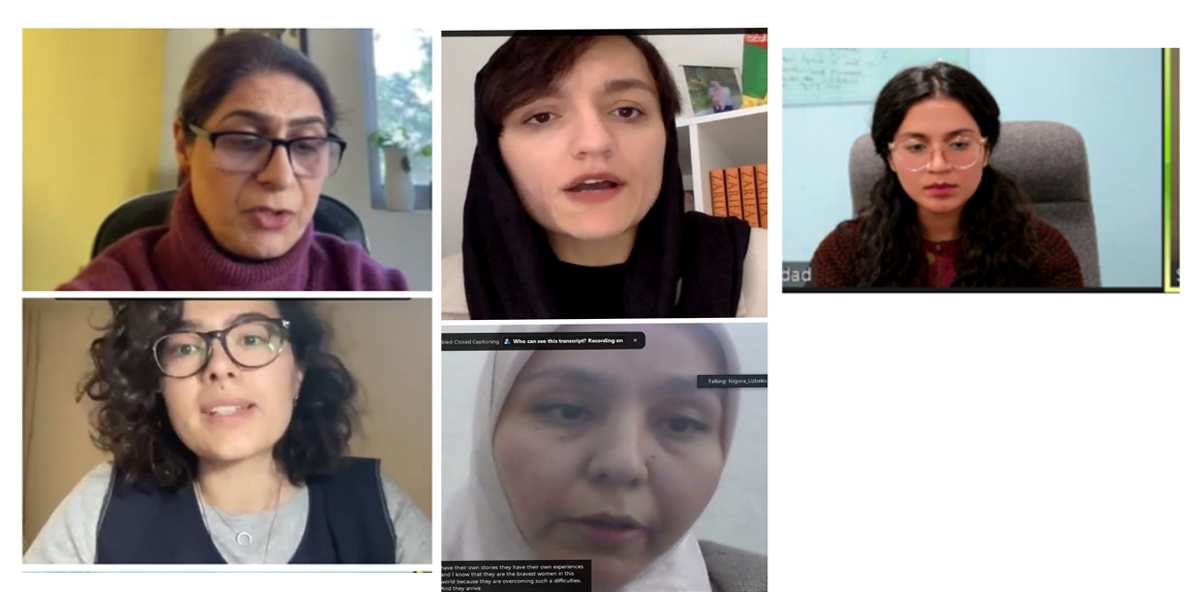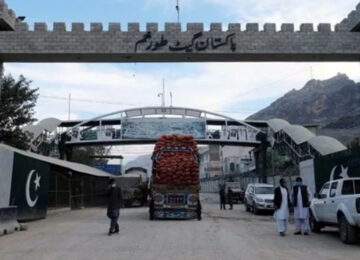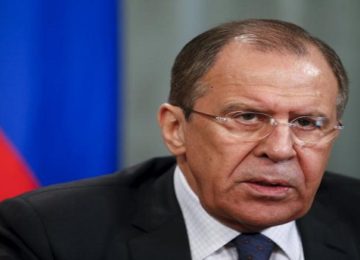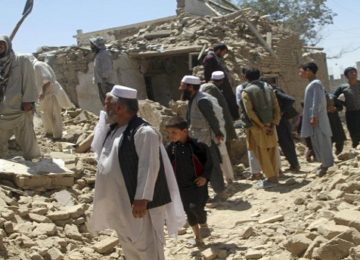Virtual Dialogue – Round II
In the commemoration of the World Day of Social Justice, The Center for Research and Security Studies hosted the second round of the virtual dialogue titled “Women’s Rights in Afghanistan – Regional Perspectives and Role of the Islamic World.” Women activists, entrepreneurs, scholars, and researchers from Afghanistan, Pakistan, and Uzbekistan provided insights into the challenges facing women in Afghanistan and discussed how Islamic countries and regional stakeholders can empower them through various initiatives.
Nahid Hakimi, an entrepreneur from Afghanistan, emphasized that Afghan women’s rights are being eroded, especially in the education and employment sectors. Regional partners should actively monitor the situation as it would help them devise ways for constructive engagement concerning women’s empowerment and advocacy for their rights.
Nigora Khakimova, a research scholar and UNDP national consultant in Uzbekistan, said that achieving gender equality is a responsibility. She added that to help Afghan women, the international community must work hard to win the trust of Afghan women – as building trust is the first step towards helping a community.

Khakimova emphasized the need for understanding inter-ethnic disparities in Afghanistan to work on gender equality and women’s empowerment, as each ethnic group has different norms and views as far as gender and women’s issues are concerned.
Shokhinakhon Bakhromova, a gender expert from Uzbekistan, stressed the importance of academia in real-world contexts. She highlighted the shortage of female scholars in the field, which makes it difficult to include women in negotiations. Bakhromova recommended that policymakers carefully review policy briefs and recommendations from leading think tanks and organizations championing women’s issues to understand their perspectives and evaluate their “unavoidable” potential to contribute to negotiations and decision-making.
Bakhromova suggested that open dialogue, despite not recognizing the Taliban government, can broaden negotiations and provide an opportunity to add women’s rights to the agenda. This pragmatic approach can open doors for solutions to other issues in the region.
Zarifa Ghafari, a former Afghan mayor, discussed the role of the Islamic world in addressing the suppression of Afghan women’s rights, including education, freedom to travel and speech, and interpretation of Islamic rule by the Taliban. The Taliban has cast a shadow upon fundamental principles of Islam. The actions taken by the Taliban government in the name of Islam are not a reflection of our religion, she asserted. Regional partners and the global community should engage in dialogues with policymakers, Afghan youth, and experts to find a way forward and use possible efforts to support the people of Afghanistan. She also emphasized the urgent need for humanitarian aid for women who are destitute and subject to poverty and rights suppression under the Taliban.
Ghafari urged Islamic scholars to speak against the misinterpretation of Islamic teachings and misconstruing the realistic situation of Afghanistan. To show solidarity and support while holding the universal value of human rights, it is time for the Islamic world to embody the compassion and justice that Islam teaches to ensure that the dignity of every individual is respected, she concluded.
Gulalai Muhammadi, a former member of the Afghan parliament, lamented the deteriorating state of women’s rights under the Taliban’s rule. Their initial promise was that they would allow women to work and study under Shariah law, but they reneged—anybody who protested against the policies was arrested. After three years, schools and universities are still closed.
The gathering reiterated an all-encompassing strategy to improve living conditions for Afghan women. Key recommendations included that regional countries should monitor women’s situation in the country and advocate for their rights and agency through various platforms. The panel strongly recommended putting diplomatic pressure on the Taliban to protect women’s right to work and girl’s right to education. An intersectional approach is needed. Women, peace, and religion should be studied and understood together as they are key to stability in the region. Regional countries should monitor and advocate for women’s rights, focusing on education rights for girls. More ideas and academic knowledge should be created to address women’s issues. Oppression of women’s rights in Afghanistan should be considered a global human rights concern rather than an internal matter of the Taliban.








